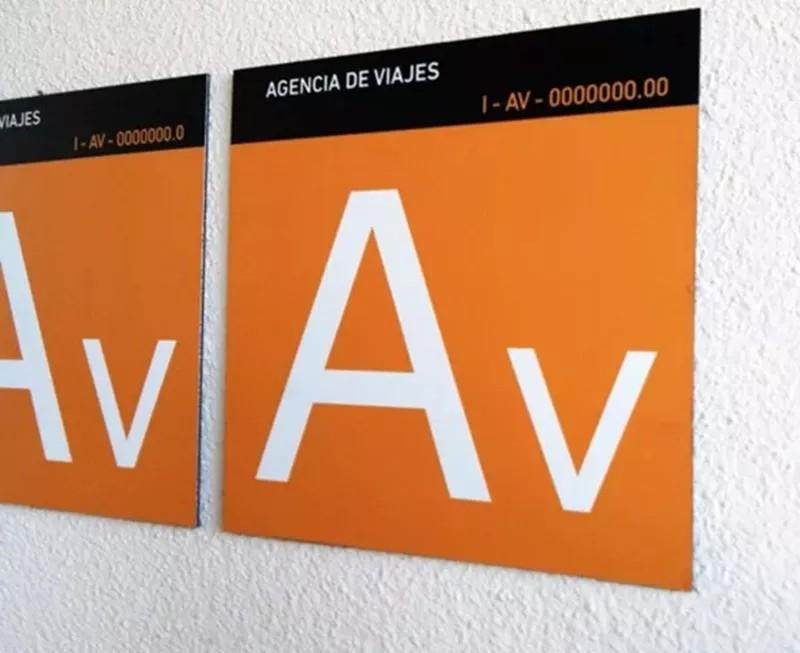
Lanzarote currently has 6,866 tourist apartments and a total of 31,396 accommodation beds, almost half of the tourist offer of hotels and apartments
THANKS TO DIGITAL LANCELOT
Vacation rentals are here to stay, despite the controversy surrounding tourist apartments due to the lack of clear regulations and uniform application. Since the Supreme Court rejected in 2018 part of the regulatory decree of the Government of the Canary Islands, whose objective was to prevent vacation rentals in tourist areas, the sector has not stopped growing, mainly in these areas.
In fact, of the 6,866 tourist apartments in Lanzarote, the three tourist areas of the island, Yaiza, Tías and Teguise have more than 77 percent of them, a total of 5,316 vacation rental homes. If we count it in number of accommodation places, of the total of 31,396 that there are on the island, according to the 2022 yearbook of the Data Center of the Cabildo de Lanzarote, these three municipalities account for almost 80 percent, this is a total of 25,105 beds lodging.

If we take into account that Lanzarote has 62,011 tourist beds in hotels and apartments, spread over 186 accommodation establishments, the accommodation beds in tourist apartments already represent 50 percent of the traditional offer of hotels and apartments. And the global supply of accommodation stands at almost 93,400.
The truth is that the figure of 62,011 places is not real since the places offered in the tourist villages are not counted in this section, and this data is not provided in the 2022 yearbook of the Cabildo de Lanzarote, which establishes the main indicators of tourist activity on the island.

Between the democratization of tourism and the lack of housing
There is no doubt that the strong entry of holiday rentals in Lanzarote, and in the Canary Islands in general, (Lanzarote has 19 percent of the total places on the islands, and around 30 percent of those in the province of Las Palmas), has meant the democratization of the tourist market, especially for the owners of a second residence, but it has also opened the spigot of the rise in long-term rental prices and the lack of supply in the housing market.
But all the responsibility for the lack of rental housing must not be sought exclusively in tourist apartments, which on the other hand provide millions in income for the tourism and restaurant sector. There is a responsibility of the administration that has been unable in the case of Lanzarote to build public housing in the last 25 years.
Not even the current government of the Cabildo de Lanzarote has fulfilled its promises to address the lack of publicly-promoted housing, and the Town Halls, most of them without updated urban planning, have not been able to provide public land for this type of development. This means that vacation rentals have put pressure on the housing market on the island; Today it is one of the serious problems that Lanzarote is facing.
Regulate the market to live in peace
The Lanzarote Tourist Federation, FTL, which includes the tourist accommodation business, supports the vacation rental sector, but calls for greater regulation since they understand that there are many on the island in an irregular situation. And also the lack of rental housing affects the labor market due to the lack of workers for the service sector, in the high seasons there is a lack of waiters and cooks, and there is no offer of these profiles because people do not have houses to rent and live on the island .
According to the FTL, there are between one thousand and two thousand tourist homes that operate through the Internet and that are not registered, while they ask for increased inspection and monitoring of those that are registered through the responsible declaration. In this section there is a clear responsibility of the Cabildo de Lanzarote to verify that they comply with the regulations.
The tourist employers also remind that tourist apartments in horizontal property buildings must comply with the authorization of the community of neighbors, and in tourist areas they demand that if a residential complex is transformed into a vacation rental, it must respect and maintain the standards of resort quality.
On the opposite side, ASCAV, the Vacation Rental Association, complains about the attacks it receives from the traditional tourism sector and puts on the table the benefits that this market brings to the sector, with average stays of 14 days and spending on accommodation of 2,500 euros. At the same time, they claim that they are one of the most supervised sectors in the country.
To all this, the Minister of Tourism, Reyes Maroto, has promised that, starting in June, when Spain presides over the European Union, new measures will be incorporated in the country to give more transparency to the holiday home market.





